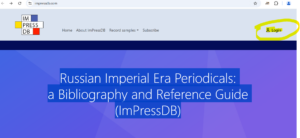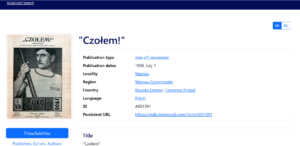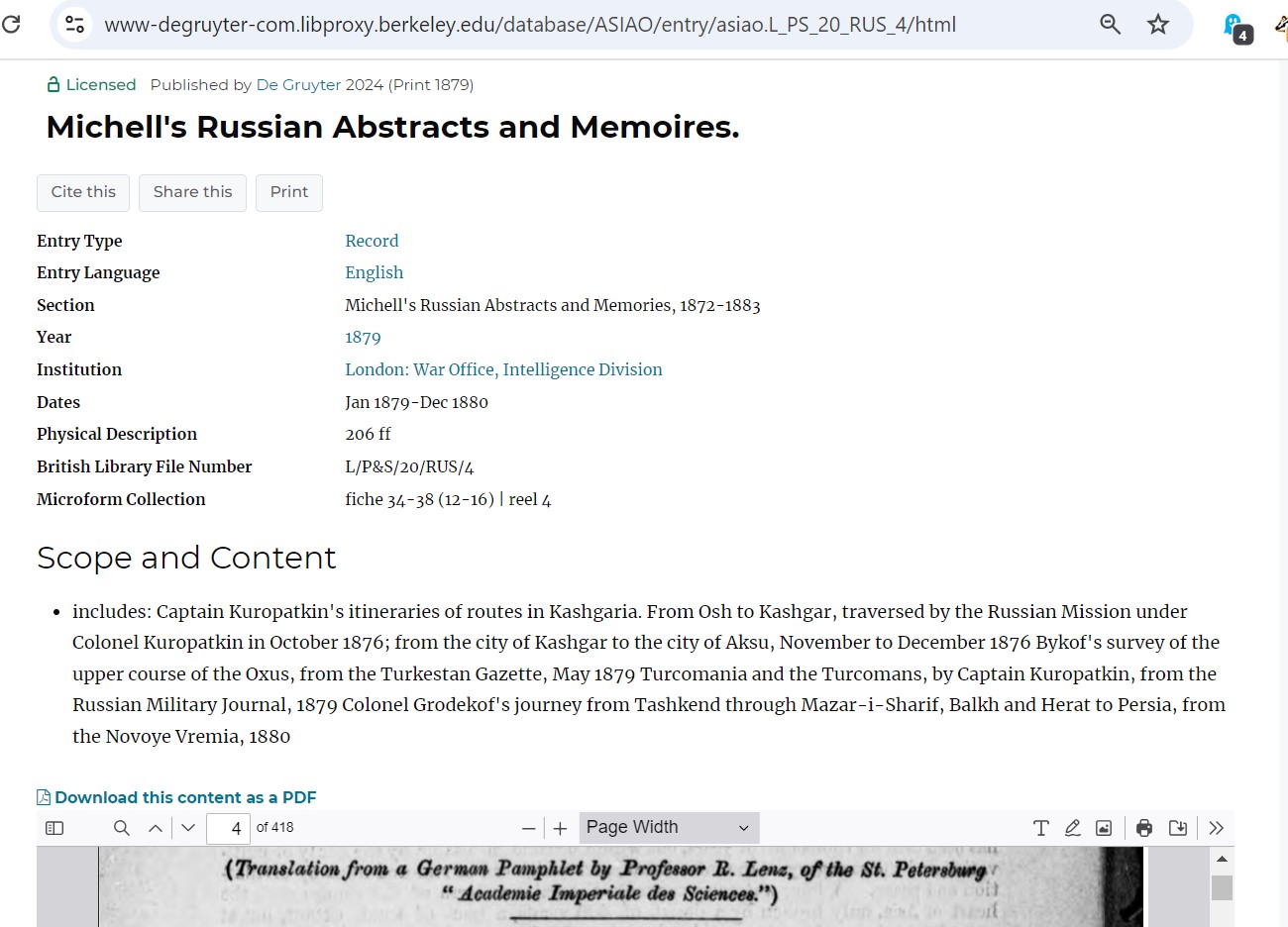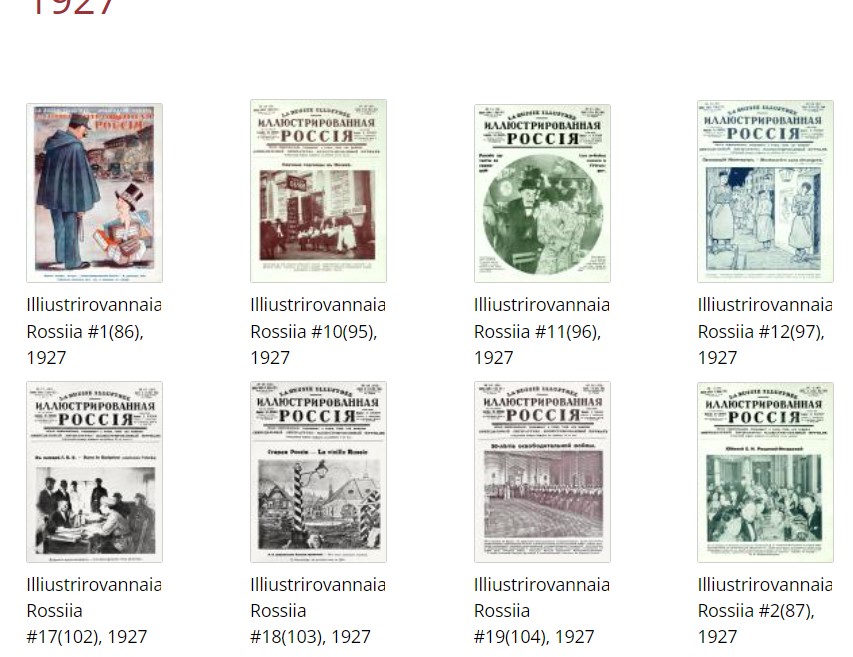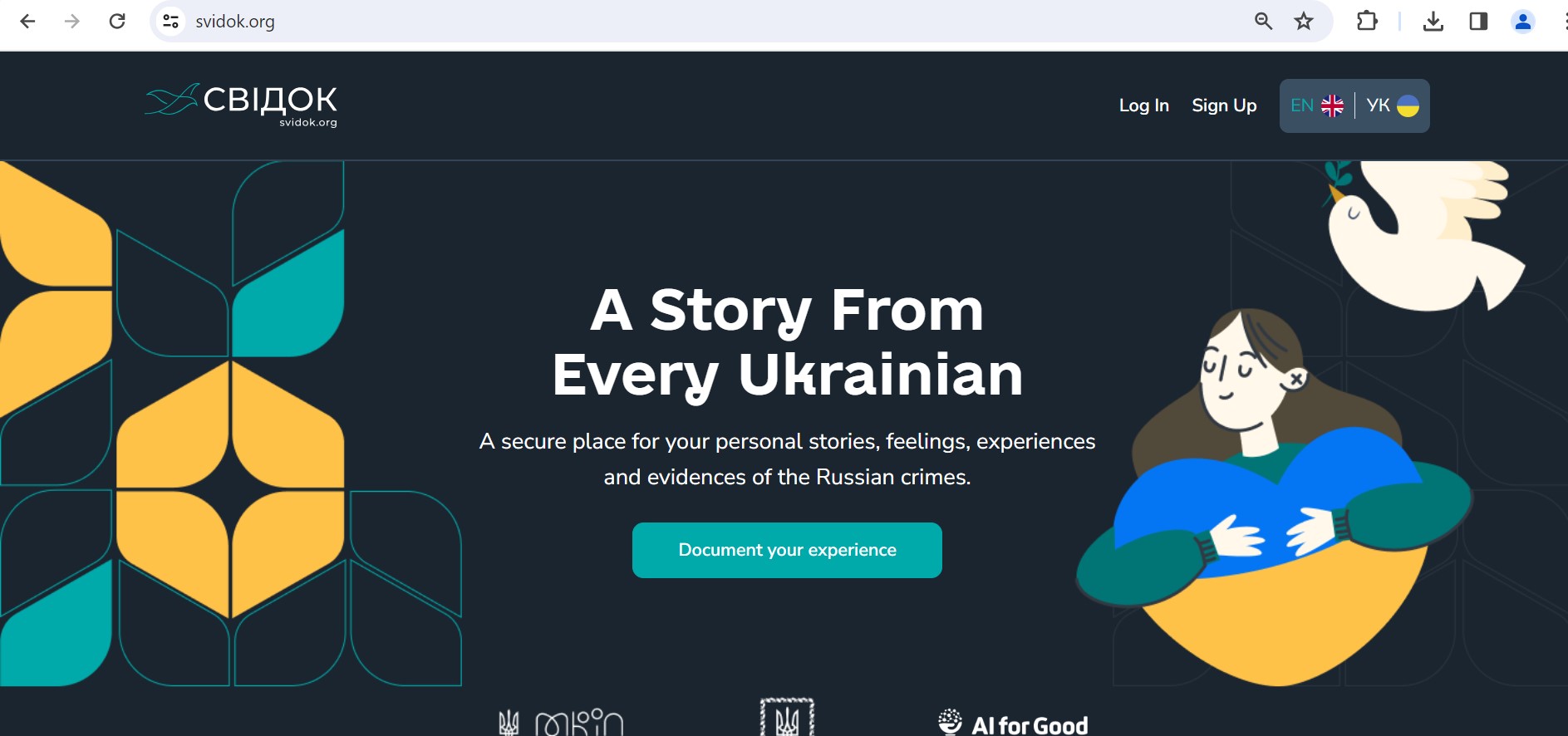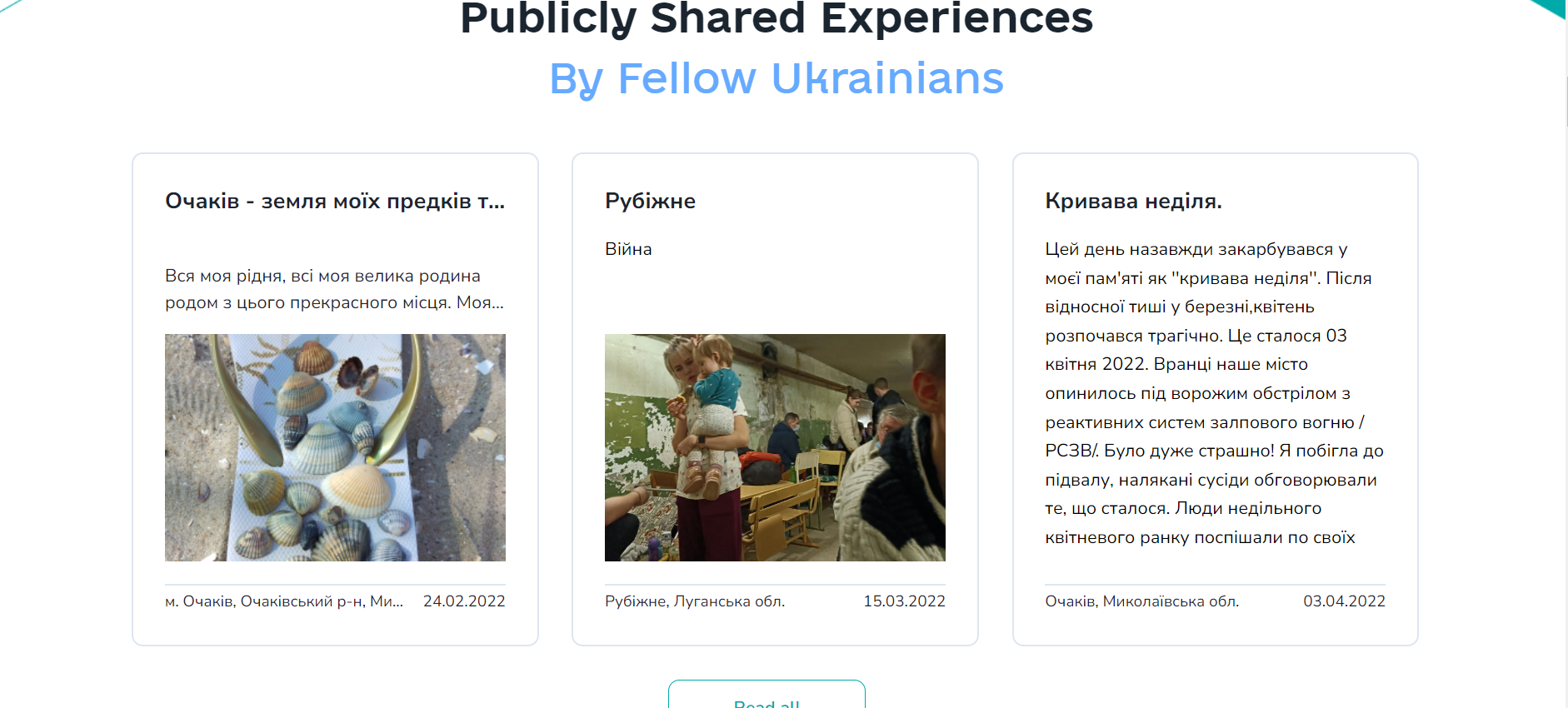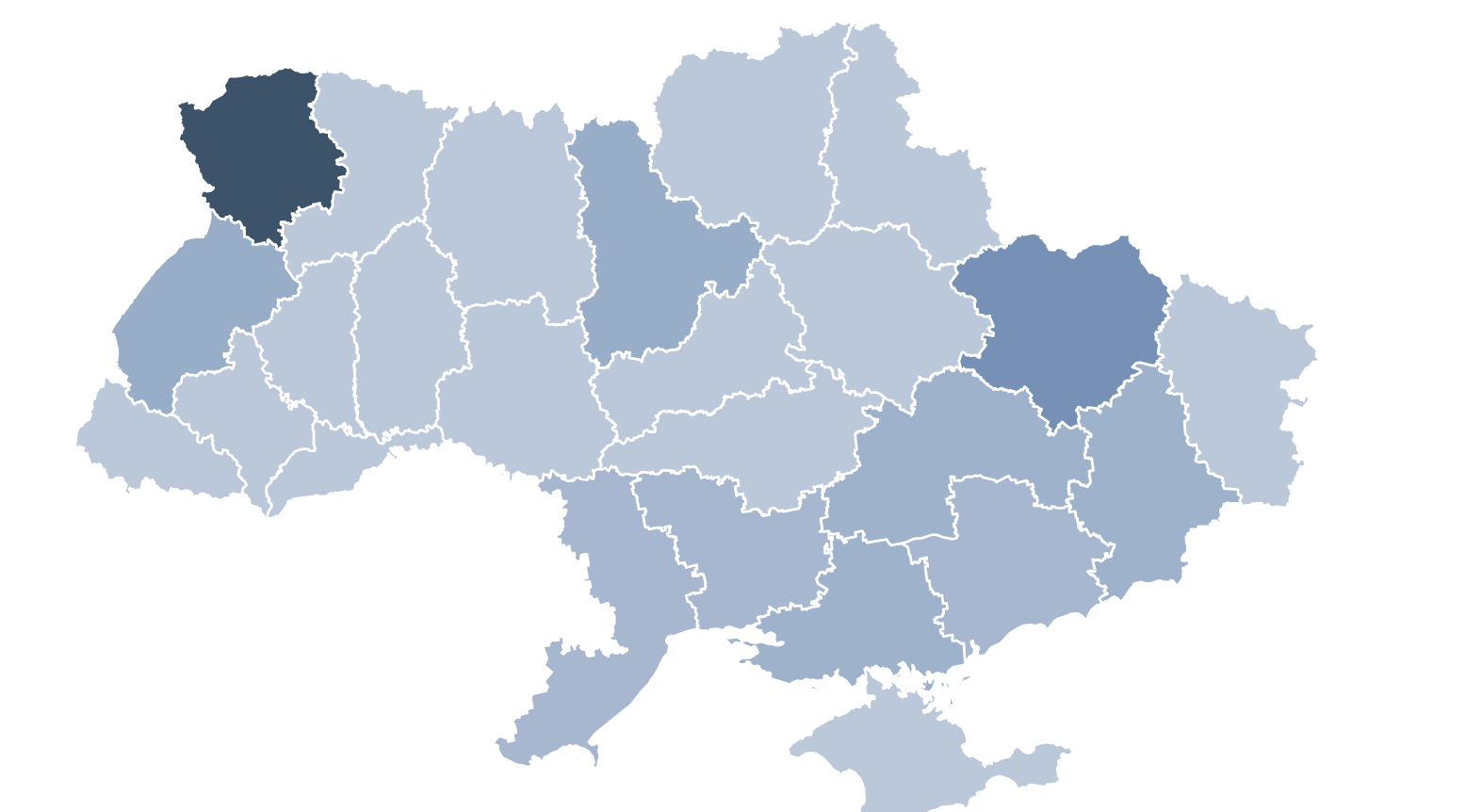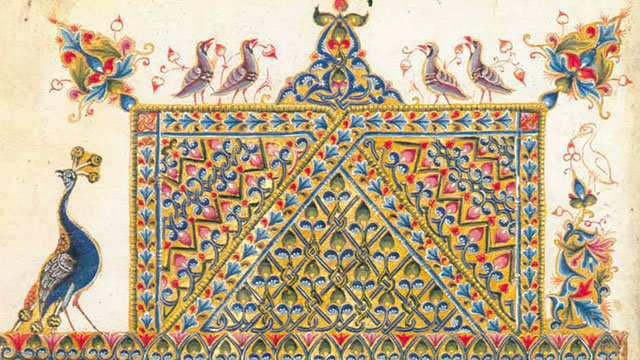
The above image is from one of the pages of the Gladzor Armenian Manuscripts. It was used last year at the 2023 graduate student colloquium
Royce Hall 314
Friday, February 16th, 2024
9:30 a.m.-10:00 Breakfast
10:00-10:10 Opening Remarks
Lori Pirinjian
Director of the 2024 Graduate Student Colloquium in Armenian Studies (Near Eastern Languages and Cultures, UCLA)
Dr. S. Peter Cowe
Narekatsi Professor of Armenian Studies (Near Eastern Languages and Cultures, UCLA)
Panel 1: Contemporary Policy in the Armenian Republic
Chair: Lori Pirinjian (UCLA)
10:10-10:30 Arev Papazian “Fishing Ban on Lake Sevan in Post-Soviet Armenian Republic” (Central European University, Vienna)
Read about the fishing ban here: https://www.azatutyun.am/a/32742178.html
10:30-10:40 Discussion
Panel 2: Modern Political Developments Chair: Lori Pirinjian (UCLA)
10:40-11:00 Orhun Yalcin, “The ARF in the Ottoman Empire” (Ludwig Maximilian University of Munich)
11:00-11:20 Kima Saribekyan, “Cilicia under the French Mandate” (Peter Pazmeny Catholic University, Budapest)
11:20-11:40 Nils Berliner, “Armenian Genocide in Germany” (Technical University of Berlin)
11:40-12:00 Levon-Leonidas Ntilsizian, “Aspects of Greece’s state policy towards the Armenian community in Greece (1945-1975)” (Panteion University, Athens)
12:00-12:25 Discussion
12:25-12:45 Coffee/Tea Break
Panel 3: Early Modern Armenian Communities
Chair: Martin Adamian (UCLA)
12:45-1:05 Andranik Nahapetian, “The Armenian Colony of Nor Nakhichevan” (Free University of Berlin)
1:05-1:25 Andranik Yesayan, “Demographic Transformations in Armenian Peripheral Canton Tavush Under Safavid and Ottoman Rule (1600-1725)” (Institute of History, The National Academy of Sciences of the Republic of Armenia)
1:25-1:40 Discussion
1:40-3:00 Lunch Break
Panel 4: Armenian Literary Practices in Late Antiquity and the Middle Ages Chair: Nora Bairamian (UCLA)
3:00-3:20 Lorenzo Colombo, “Censorship Greek-Armenian” (Universities of Pisa and Geneva)
3:20-3:40 Anush Apresyan, “The Spiritual-Cultural Significance of Translation: Nemesius of Emesa’s Treatise on Human Nature” (Matenadaran Institute, Yerevan)
3:40-4:00 Hayarpi Hakobyan, “Medieval Armenian Book Production in the Lake Van Region in 1275-1350: Scriptoria, scribes, manuscripts” (Martin Luther University of Halle- Wittenberg)
4:00-4:15 Discussion
4:15-4:35 Tea/Coffee Break
Panel 5: Medieval Trade across the Northern Hemisphere Chair: Arpi Melikyan (UCLA)
4:35-4:55 Francesca Cheli, “Chinese Pottery Imports” (University of Florence)
4:55-5:05 Discussion
Panel 6: 19th century Socio-Cultural Developments
Chair: Alexia Hatun (UCLA)
5:05-5:15 Aram Ghoogasian, “Learning to Read in the mid-19th Century” (Princeton University)
5:15-5:35 Emma Avagyan, “19th century Armenian-Jewish Revitalization” (University of Michigan, Ann Arbor)
5:35-5:55 Nazelie Doghramadjian, “Armenian Women’s Archives” (University of Michigan, Ann Arbor)
5:55-6:20 Discussion
6:20-6:35 Guest Speaker
Professor Shushan Karapetian
Director of the Institute of Armenian Studies, USC
6:35-8:00 Reception (Royce Hall 306)
Co-sponsored by Calouste Gulbenkian Foundation, National Association for Armenian Studies and Research, UCLA Department of Near Eastern Languages and Cultures, UCLA Promise Armenian Institute, UCLA Center for Near Eastern Studies, UCLA Center for European and Russian Studies, UCLA Center for Early Global Studies, UCLA Center for the Study of Religion, UCLA Stavros Niarchos Foundation Center for the Study of Hellenic Culture, UCLA Department of Classics, UCLA Leve Center for Jewish Studies, UCLA History Department.
For further details, please consult the website <nelc.ucla.edu>.
—


